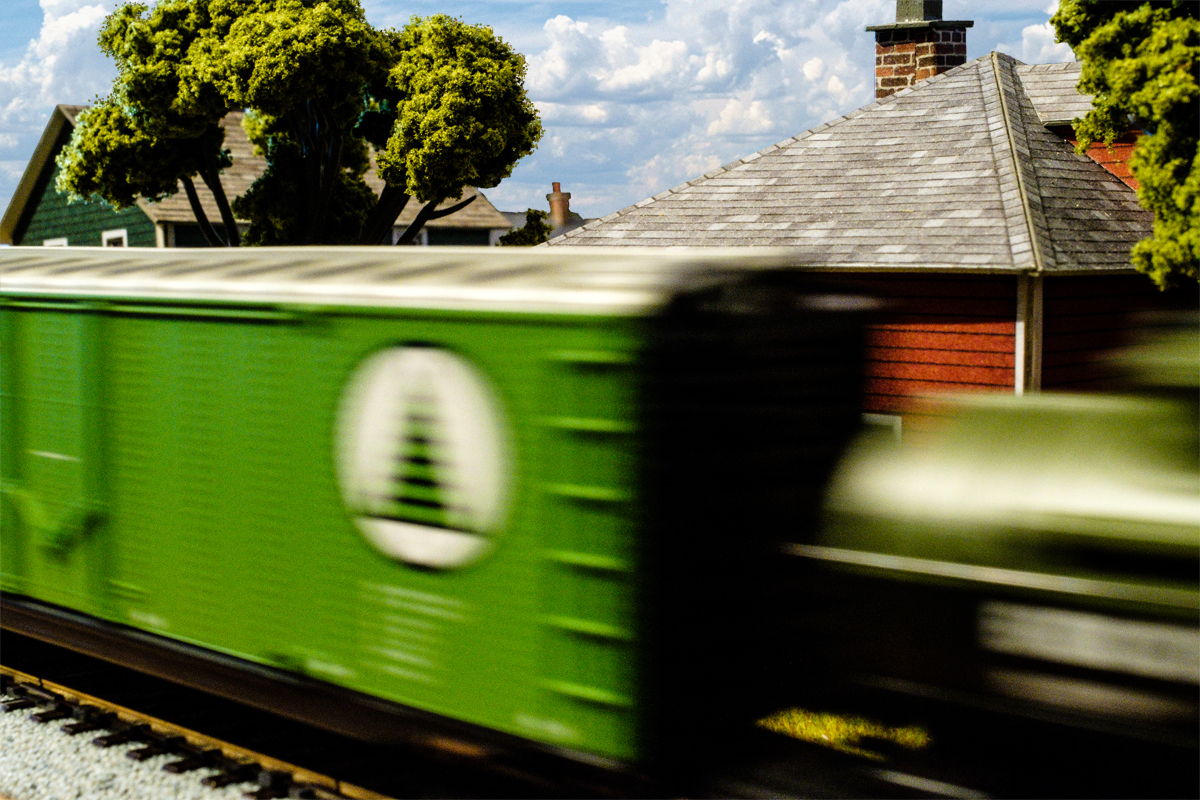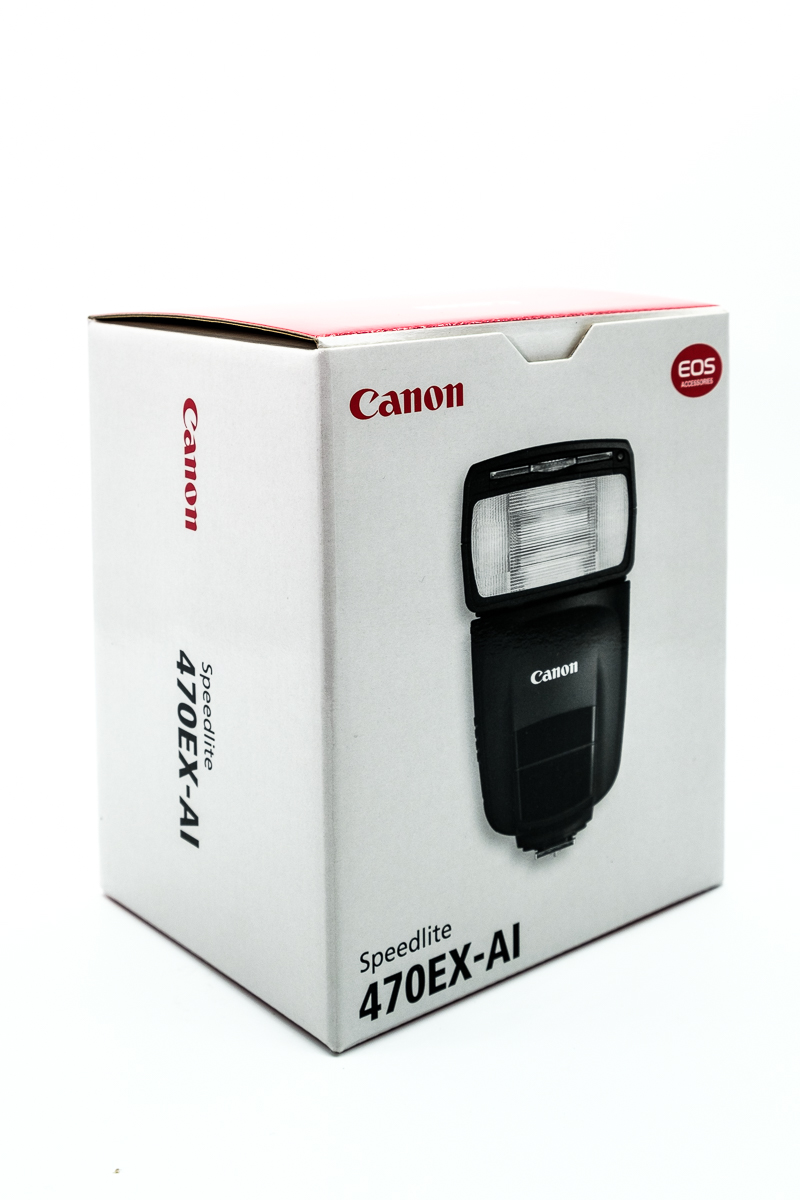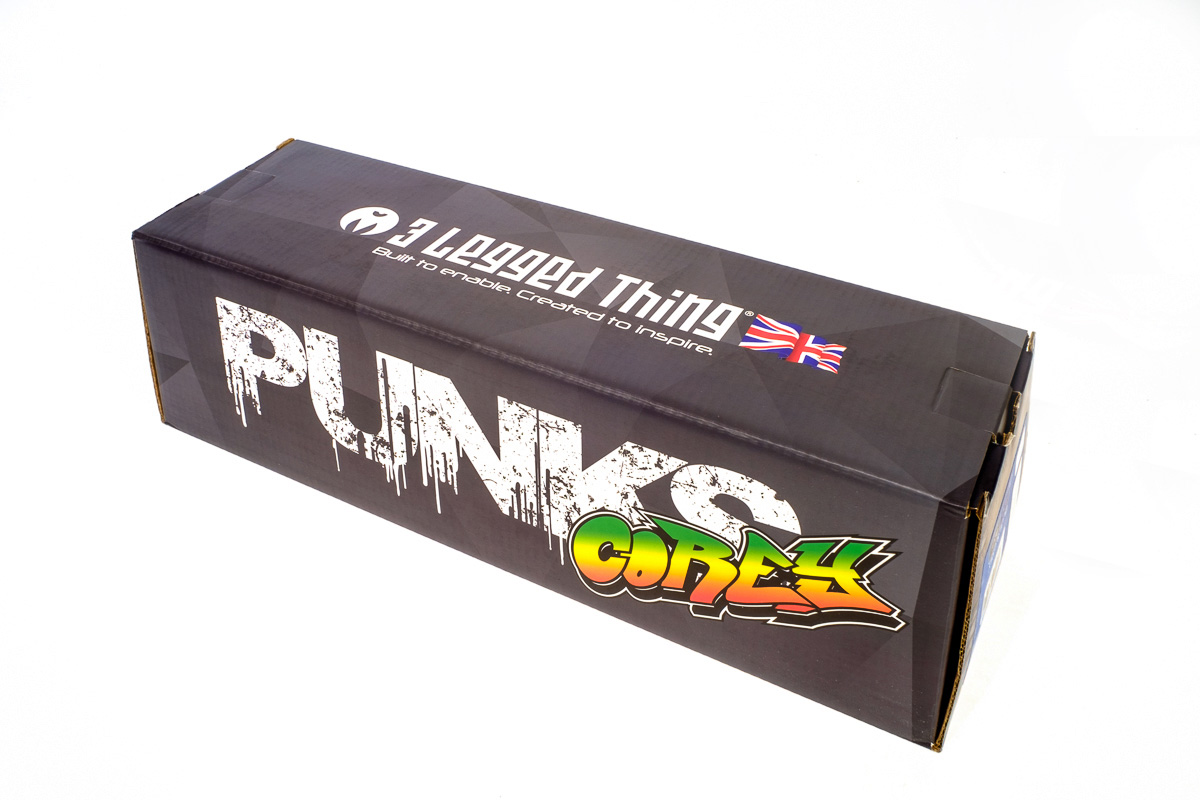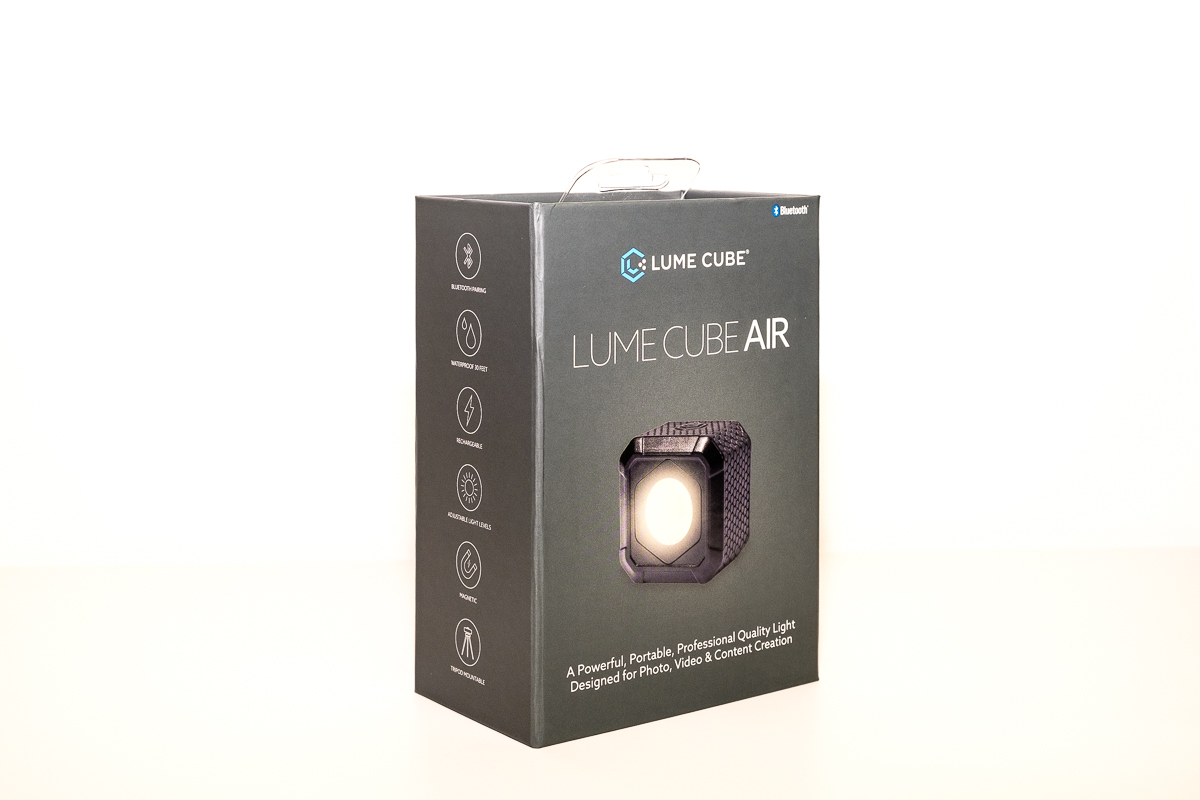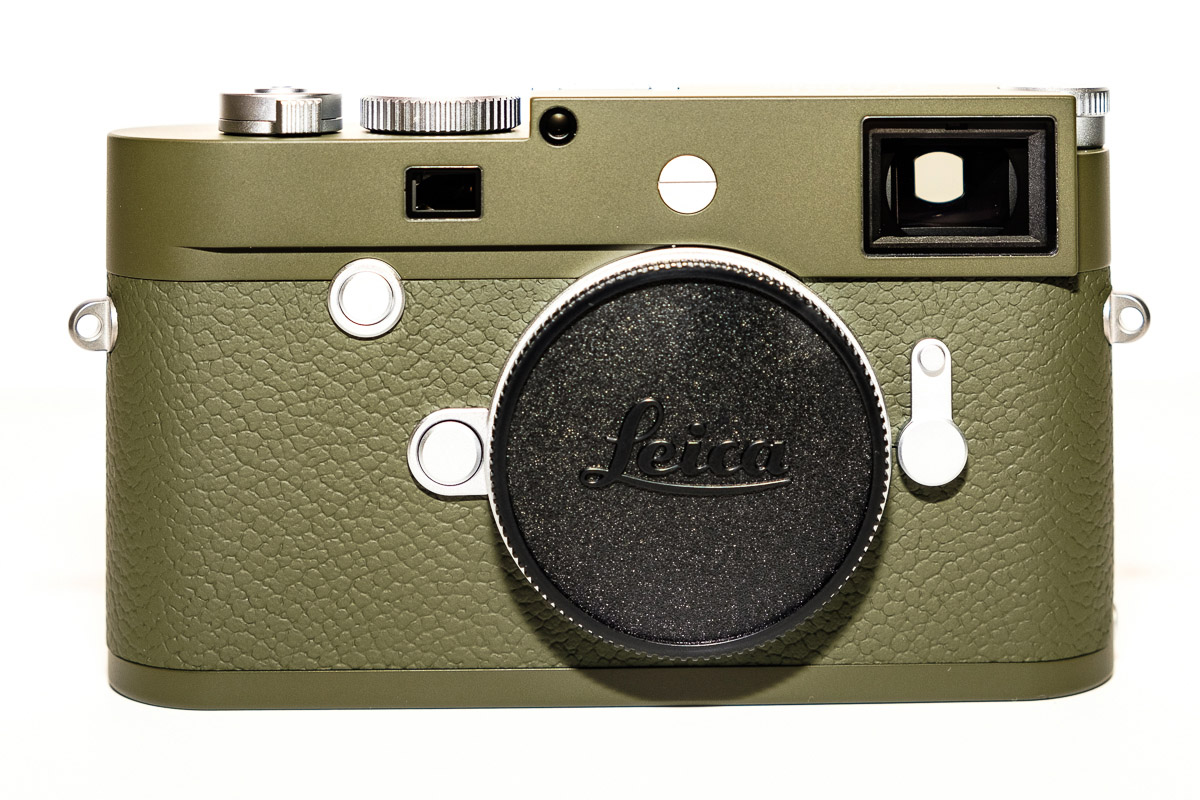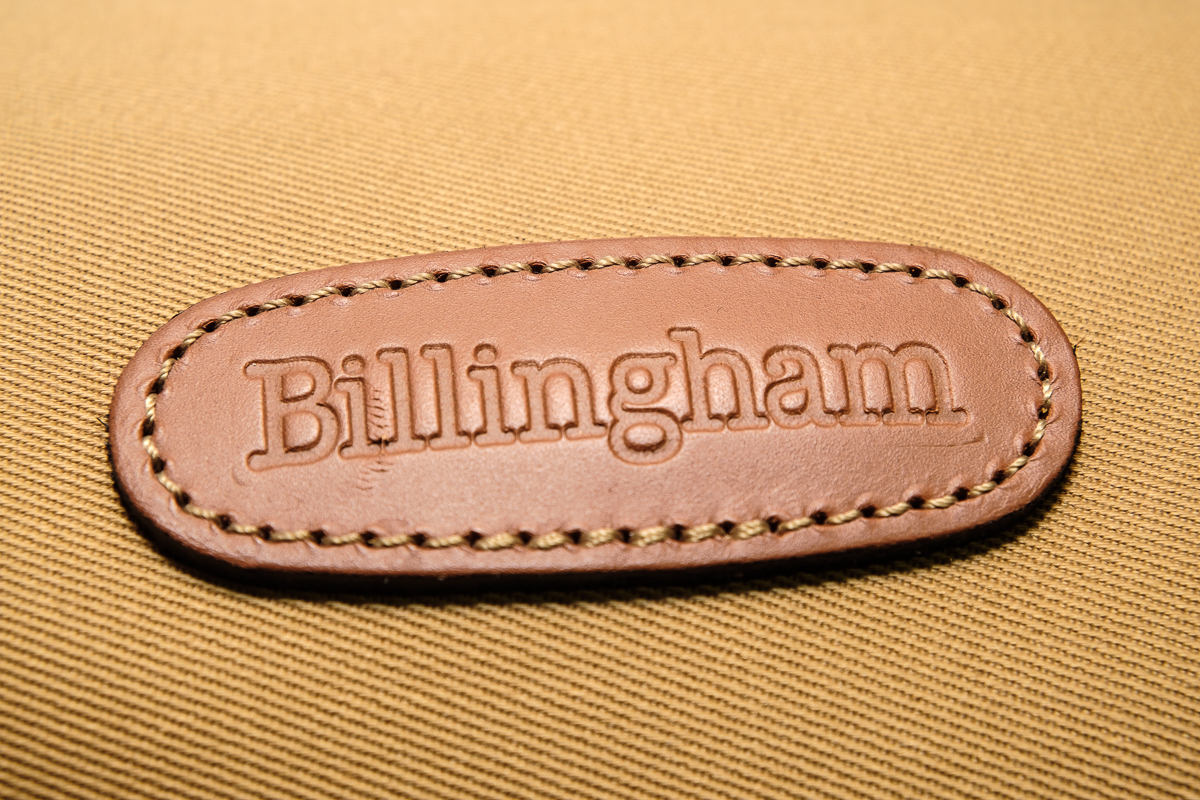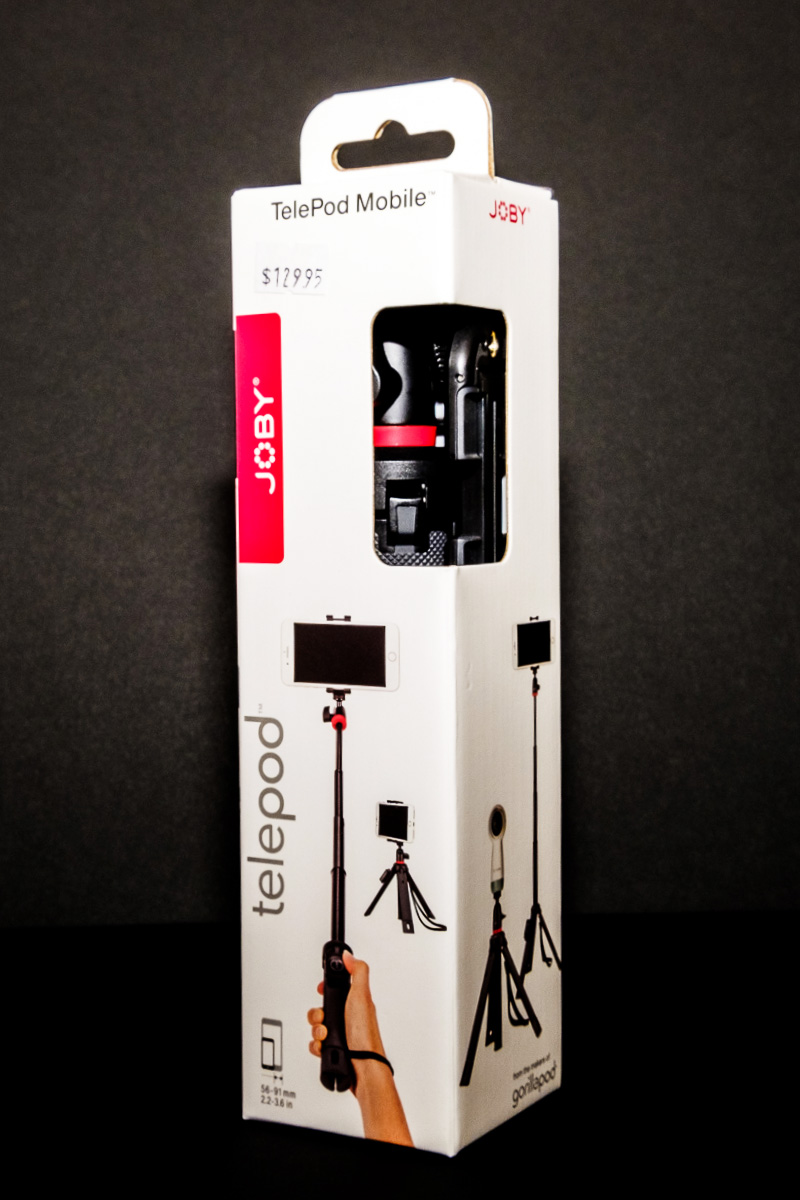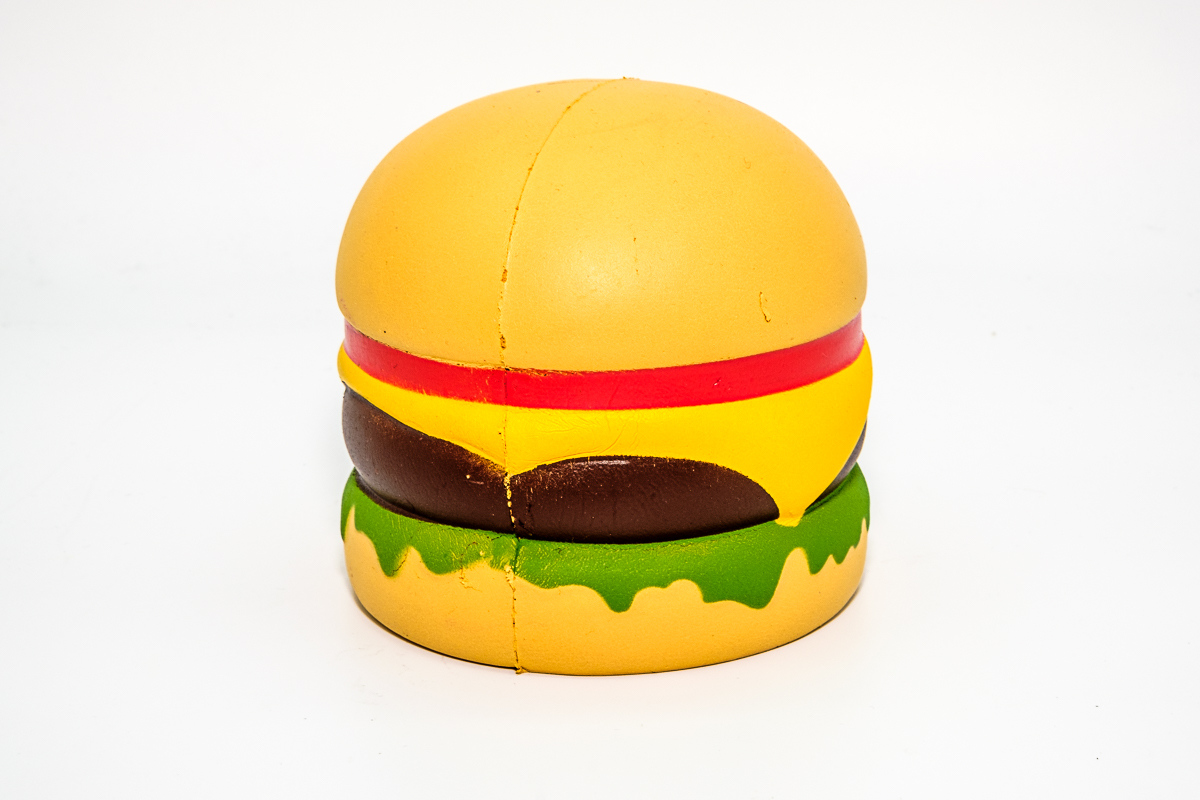16 Apr The Train Just Keeps On Rolling
Some years ago I opted for the Fujifilm mirror-less X system cameras and sold off my other equipment. In the move - on I gave up a lens that was absolutely magnificent - a Sigma 8-16mm zoom. I cannot speak highly enough of it as a part of the system I used then. It scooped in big wedding parties, coped with dim, pokey little churches, and was an absolute hoot with the tabletop scenes I create. Hats off to Sigma. Unfortunately, Sigma cannot get the go-ahead codes to make lenses for Fujifilm - and few other makers can either, though I note a few Chinese factories turn out X-mount lenses by the score. But that wasn't the issue. The issue was where was I going to get a lens that would do what the Sigma did - if not a zoom, then at least a decent compromise focal length. The model tabletop scenes could be made to order but the dim, pokey little churches would stay the same...


